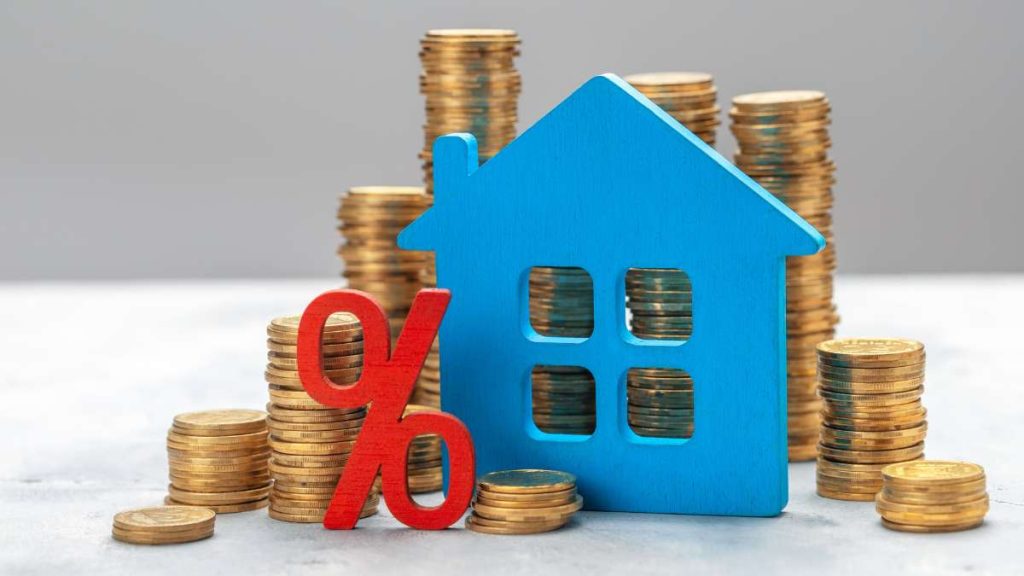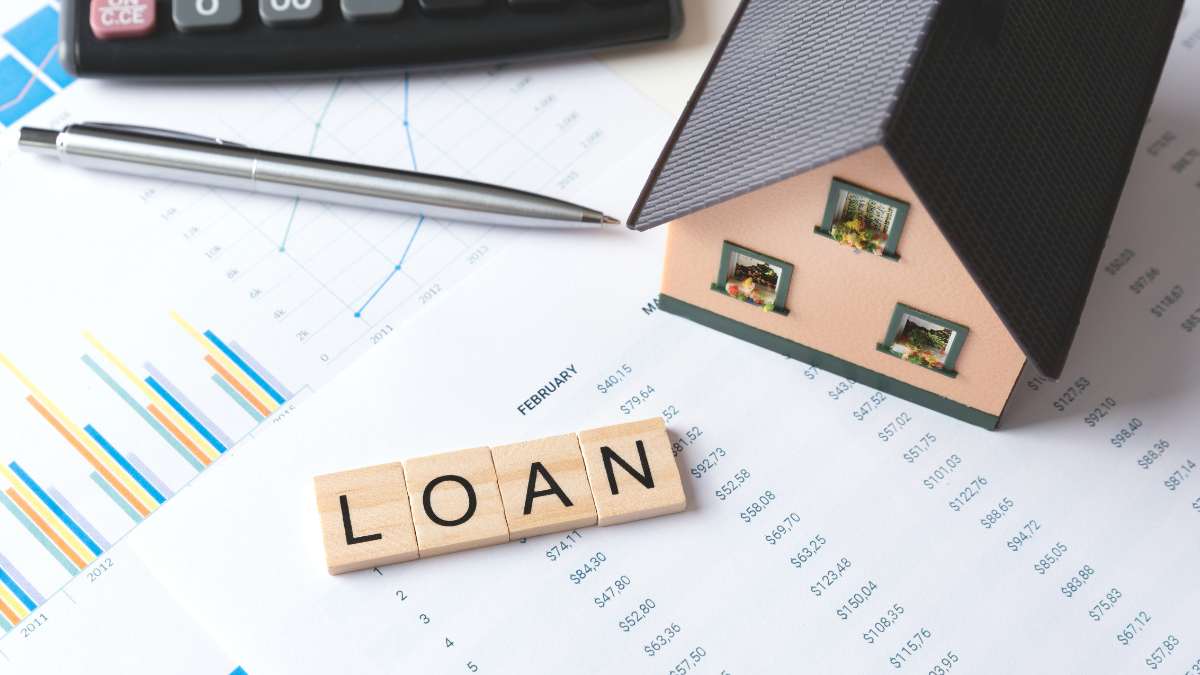Introduction
Overview of Commercial Property Loans
Commercial property loans are financial products specifically designed to assist in the purchase, development, renovation, or refinancing of commercial real estate properties. These properties include office buildings, warehouses, industrial spaces, shopping centers, hotels, and other non-residential facilities. Unlike residential mortgages, commercial property loans are tailored to meet the financial needs of businesses and real estate investors.
These loans typically have stricter requirements, different repayment structures, and often involve more significant financial commitments. Commercial property loans differ from residential mortgages in that they are largely driven by the property’s potential income-generating capacity rather than the borrower’s personal creditworthiness.
Importance for Businesses and Investors
Commercial property loans are essential for businesses looking to expand their physical presence and for real estate investors aiming to build or diversify their portfolios. For businesses, owning commercial property can provide operational stability, lower long-term costs, and act as an investment asset that builds equity over time. Investors can leverage commercial property loans to generate rental income, increase their property holdings, or undertake development projects. The ability to access capital through commercial property loans is vital for businesses and investors looking to scale and succeed in a competitive real estate market.
Types of Commercial Property Loans
There are several types of commercial property loans, each tailored to different needs and situations. Understanding the unique characteristics of each type can help borrowers select the best option for their business or investment goals.
- Traditional Bank Loans:
Traditional bank loans are the most common type of commercial property loan. They are typically offered by banks and credit unions, and feature longer repayment terms (up to 20-30 years) with lower interest rates, usually between 4.75% and 6.75%. These loans are best suited for established businesses with strong credit histories, consistent revenue, and solid business plans. While they offer favorable rates, traditional loans often require substantial down payments (up to 25-35%) and have more stringent approval processes. - SBA 7(a) Loans:
Backed by the U.S. Small Business Administration (SBA), SBA 7(a) loans are designed for small businesses that need financing for purchasing or refinancing commercial real estate. These loans offer favorable terms, including lower down payments (as little as 10%) and interest rates that are often lower than traditional bank loans. The SBA guarantees a portion of the loan, reducing the risk for lenders and making it easier for small businesses to qualify. SBA 7(a) loans can be used for a variety of purposes, including purchasing land or buildings, renovating existing properties, or refinancing debt. - SBA 504 Loans:
The SBA 504 loan is another option for small businesses seeking to finance larger real estate purchases or development projects. This loan offers up to 90% financing, making it an attractive choice for borrowers who may not have large amounts of capital for a down payment. The SBA 504 loan is ideal for purchasing large commercial properties, equipment, or for property development. These loans typically offer competitive fixed rates and long repayment terms, providing small businesses with predictable costs over time. - Hard Money Loans:
Hard money loans are provided by private lenders and are typically short-term (1-3 years). These loans have higher interest rates (often ranging from 8% to 15%) but offer faster access to capital. Hard money loans are often used by investors who need quick financing for high-risk or time-sensitive projects, such as property flips or urgent renovations. Because they are secured by the value of the property itself, hard money loans can be an option for borrowers who may not qualify for traditional loans due to credit issues or time constraints. - Bridge Loans:
Bridge loans are short-term financing solutions designed to “bridge the gap” between the purchase of a new property and long-term financing or the sale of an existing property. These loans are commonly used during property renovations or when immediate capital is needed to secure a property. With higher interest rates and shorter repayment periods (typically 6 months to 3 years), bridge loans can be a useful tool for investors who plan to refinance or sell the property once improvements are complete.
How Commercial Property Loans Work?

Loan-to-Value Ratio (LTV)
The loan-to-value (LTV) ratio plays a crucial role in determining the size of the loan relative to the appraised value of the property. For commercial property loans, this ratio generally falls between 65% to 85%, meaning the borrower is responsible for providing a down payment of 15% to 35%. A lower LTV ratio indicates that the borrower must provide a larger down payment, but it also typically results in more favorable loan terms, such as lower interest rates. Conversely, a higher LTV means the borrower can finance a larger portion of the property’s purchase price but may face stricter terms and higher interest rates.
Interest Rates and Terms
Interest rates on commercial property loans vary depending on several factors, including the type of loan, the borrower’s creditworthiness, and the lender’s risk tolerance. Traditional commercial loans tend to have interest rates ranging between 4.75% and 6.75%, while SBA loans often provide more competitive rates, especially for small businesses. On the other hand, hard money loans and bridge loans can have much higher interest rates, often between 8% and 15%, due to the increased risk involved. Loan terms can range from short-term loans of 1 to 3 years (for bridge or hard money loans) to long-term financing of up to 25 years for traditional or SBA loans.
Balloon Payments
Many commercial property loans feature balloon payments, where the borrower makes smaller, often interest-only payments for the majority of the loan term, with the bulk of the principal due in a single payment at the end of the term. Balloon payments can reduce monthly obligations but require significant financial planning to ensure the borrower has the funds or refinancing strategy in place to meet the large payment when it becomes due. While this structure may be suitable for property investors expecting to sell or refinance the property before the balloon payment is due, it can present financial risks if not carefully managed.
Preparing for a Commercial Property Loan Application

Documentation Needed
Preparing the necessary documentation is critical for successfully applying for a commercial property loan. Lenders will typically request financial statements, tax returns, property appraisals, and a detailed business plan to evaluate the borrower’s financial health and the property’s viability. A business plan should outline how the commercial property will generate income or serve as an asset for the borrower’s business, including potential risks and opportunities. The borrower should also be prepared to provide a property appraisal that reflects its current market value and projected income.
Evaluating Financial Standing
Lenders will thoroughly assess the borrower’s financial standing before approving a commercial property loan. Key factors include the borrower’s credit score, debt-to-income ratio, and cash flow. A strong credit score, typically 680 or higher, is preferred by lenders, as it indicates a lower risk of default. Debt-to-income ratio, which compares the borrower’s monthly debt obligations to their income, is another important metric that determines whether the borrower can comfortably manage the loan payments. Cash flow analysis, particularly for income-generating properties, helps lenders determine whether the property itself will generate sufficient income to cover loan payments.
Benefits of Commercial Property Loans

Capital for Growth
Commercial property loans provide businesses with the capital necessary for purchasing or upgrading their facilities. This capital infusion is critical for businesses that want to expand their operations, open new locations, or invest in larger, more profitable commercial properties. The ability to access large sums of money through a loan can be a game-changer for businesses that need to scale quickly to meet growing demand.
Equity and Cash Flow
By owning commercial property, businesses and investors can build equity over time, which serves as a valuable asset for future investments or financial security. Additionally, commercial property ownership can generate cash flow through rental income, which contributes to long-term financial stability. Unlike renting, where payments disappear into the pockets of a landlord, owning property allows businesses to recoup their investment and potentially profit from rental agreements.
Tax Benefits
Commercial property owners may benefit from several tax advantages, including deductions on mortgage interest, property depreciation, and maintenance costs. These tax incentives can significantly reduce the overall cost of owning commercial real estate. Depreciation, in particular, allows property owners to deduct a portion of the property’s value each year, providing a valuable tax break that offsets some of the ongoing costs of ownership.
Risks and Challenges
High Upfront Costs
Commercial property loans typically require larger down payments compared to residential mortgages. The standard down payment for a commercial loan can range from 15% to 35%, depending on the lender and the type of loan. For smaller businesses or individual investors, coming up with this capital can be a significant hurdle. Additionally, closing costs, including appraisal fees, legal fees, and loan origination fees, can add to the overall upfront expenses.
Balloon Payments
As mentioned earlier, many commercial property loans include balloon payments, where a large lump sum is due at the end of the loan term. For borrowers who are not prepared for this payment, the financial strain can be substantial. If a borrower is unable to refinance the loan or sell the property, they may face the risk of defaulting on the loan, which could result in foreclosure or other legal and financial consequences.
How to Choose the Right Commercial Property Loan?

Assess Your Business Needs
When choosing a commercial property loan, it’s important to assess your business’s specific needs and goals. Consider the size and type of property you need, as well as your long-term plans for growth. Are you looking for a property to house your operations, or are you investing in real estate for income generation? Understanding these goals will help determine which type of loan is best suited for your situation.
Compare Lenders
Shopping around for the best loan terms is crucial to securing favorable financing. Compare interest rates, down payment requirements, and loan terms from different lenders. Some lenders may offer more flexible terms or lower rates for established businesses, while others might be more willing to take on higher-risk borrowers, albeit with higher interest rates.
Seek Professional Advice
Navigating the commercial property loan process can be complex, and it’s often beneficial to seek advice from financial advisors or real estate professionals. These experts can help evaluate your financial standing, assess the risks associated with various loan options, and guide you in selecting the right financing package for your business needs.
Conclusion
Commercial property loans are essential financial tools for businesses looking to invest in real estate. Whether you are a business owner purchasing a new office space or an investor expanding your property portfolio, these loans provide the necessary capital to achieve your goals. However, it’s important to understand the various types of loans available, the associated risks, and the factors that will influence your ability to secure financing. With proper preparation, a thorough understanding of loan options, and professional guidance, businesses and investors can leverage commercial property loans to fuel growth and succeed in today’s competitive market.

Leave a Reply